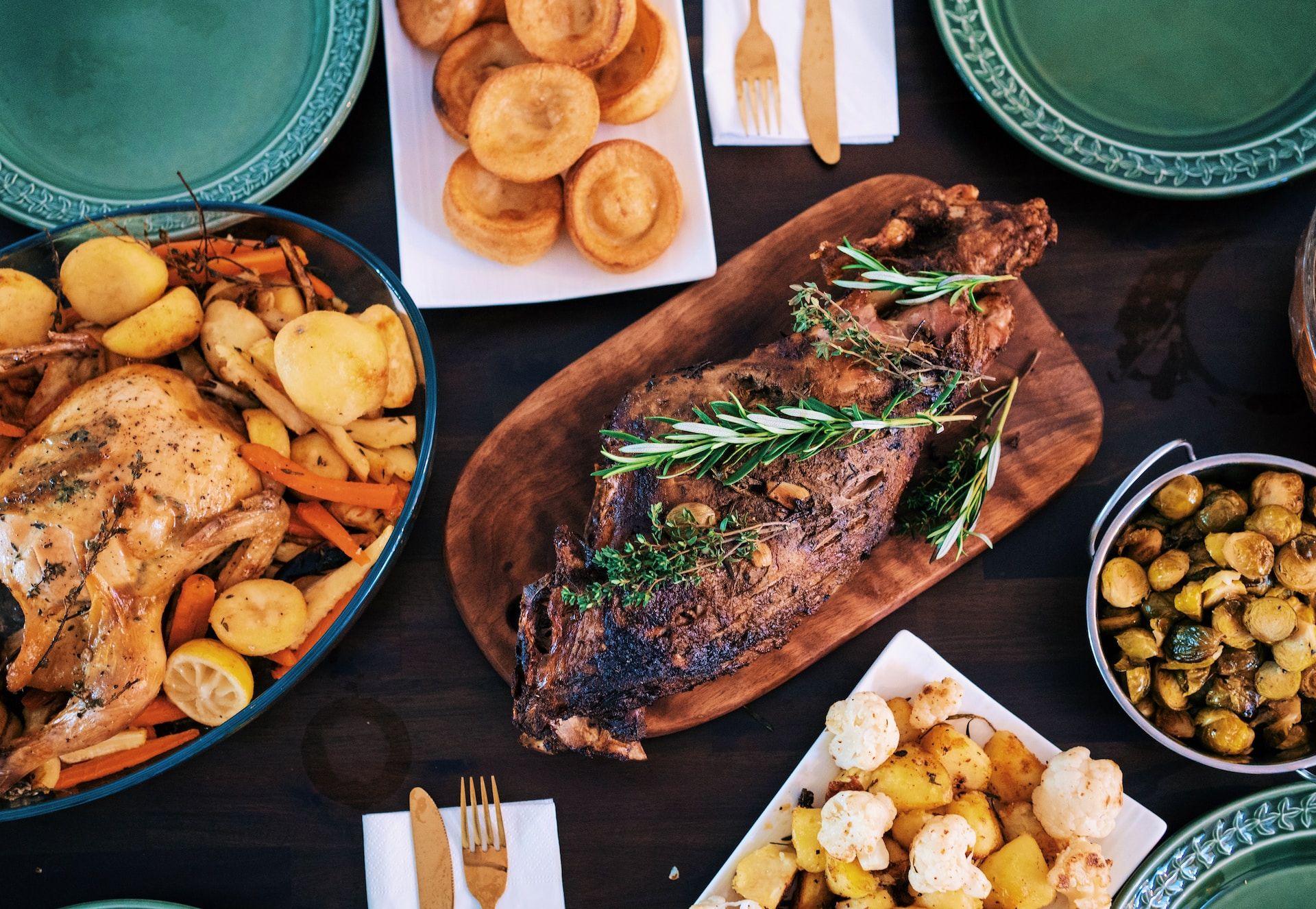Feel like you experience holiday weight gain every year?
Instead of accepting it, try making smart choices as part of your holiday meals. Chances are you will avoid the weight gain – and still enjoy holiday festivities and activities! The Mediterranean eating plan is a healthy choice as well as cutting back on high calorie foods. Also, be sure to look for opportunities for exercise to increase your calorie burn and help keep your focus on your health. Walking is a healthy exercise which only requires a good pair of shoes and a steady gait.
One of the popular current approaches to weight loss is intermittent fasting. It was highly popularized after the publication of several books in 2012 and 2016. But periods of voluntary abstinence from food and drink have been practiced since earliest antiquity by peoples around the globe.
Intermittent fasting means that you don't eat for a period of time. It’s an eating plan that focuses on when you eat. Intermittent fasting isn’t about starving yourself — it’s about cutting back on calories for short time periods. The belief is that your body becomes satisfied with smaller portions while also reducing cravings for unhealthy snack foods. That is, as long as you maintain a healthy diet and drink lots of water while you’re trying it. Some popular approaches to intermittent fasting include:
• Daily time-restricted fasting. Eat normally, but only within an eight-hour window each day. For example, eating only between 10 am and 6 pm
• Alternate-day fasting. Eat a normal diet one day and have one small meal (at least 500 calories) the next day.
• 5:2 Fasting. Eat a normal diet 2 to 3 days a week and have one small meal (at least 500 calories) the following day - repeat that pattern so you eat normally 5 days a week and have 2 fasting days. (hence 5:2) Important: Do NOT fast for two consecutive days.
Research suggests that intermittent fasting may be beneficial to good health in several ways. Reducing overall calories can help prevent weight gain. In addition, intermittent fasting may also:
• Reduce inflammation and improve chronic conditions associated with inflammation
• Boost thinking and memory
• Improve heart health
• Physical performance – improve energy levels and exercise tolerance.
HOWEVER, intermittent fasting is not for everyone and consulting your doctor first is important. If the following conditions apply to you don’t begin fasting without speaking with your doctor first: diabetes, hypothyroidism, kidney disease, liver disease, an eating disorder, you’re already underweight, or you’re pregnant or nursing, children and teens under age 18.
While the holidays can be a challenging time to maintain a healthy diet, intermittent fasting can help you stay healthy during the festival season without actually depriving yourself. Tips include:
• During the fast, drinking black coffee or tea and chewing gum will help kill cravings.
• Plan ahead to eat healthy meals outside the fast. Stay flexible as holidays can bring unexpected situations.
• Offer to bring meat, cheese, veggie trays.
• Eat salad or other non-starchy vegetable first; then eat protein
• Save starchy carbs, grains, or fruit items for last
Filling up with fiber and fat first helps keep you in control of your appetite. The holiday season is meant to enjoy with family and friends. Intermittent fasting may help avoid indulgence to the point of damaging your health.
